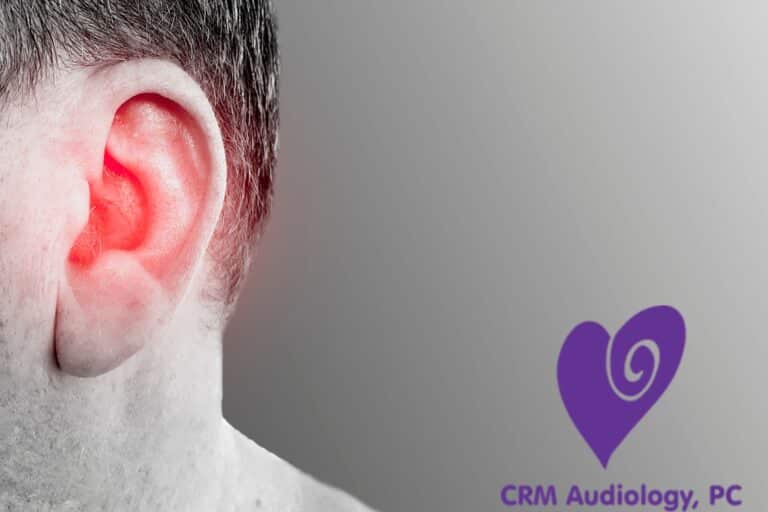Hearing loss is a common condition, particularly as we age. Studies show that nearly one in three people between ages 65 and 74 experiences hearing loss — and this number rises to almost half by age 75.
Despite its prevalence, many people overlook the early warning signs, such as difficulty following conversations in noisy settings, frequently asking others to repeat themselves, or feeling that others are “mumbling.” Recognizing these signs early is the first step toward prevention and better hearing health.
Cognitive Health and Hearing Loss
Research has revealed a strong connection between untreated hearing loss and cognitive decline. Multiple studies suggest that individuals with untreated hearing loss are at a higher risk of developing cognitive conditions such as dementia and Alzheimer’s disease.
The brain works harder to interpret sounds when hearing is impaired, diverting mental energy away from memory and comprehension. This increased cognitive load may contribute to long-term decline, emphasizing why early treatment is vital for maintaining mental sharpness and overall cognitive health.
Emotional Well-being and Social Impact
Hearing loss affects much more than just your ability to hear; it can deeply influence your emotional and social well-being.
Those living with hearing loss often experience:
- Increased isolation and loneliness
- Heightened stress and anxiety
- A greater risk of depression
Communication struggles can lead to withdrawal from social gatherings or family interactions, reinforcing feelings of disconnection. Addressing hearing loss early can restore confidence, strengthen relationships, and improve emotional balance.
Physical Health Concerns
Untreated hearing loss also impacts physical health. Studies link it to balance issues and a higher risk of falls, as the inner ear plays a key role in maintaining equilibrium. Without proper auditory input, the brain receives fewer spatial cues, which can affect coordination and stability.
Additionally, hearing loss has been associated with cardiovascular problems, possibly due to increased stress levels and reduced oxygen flow to the inner ear. Addressing hearing concerns can therefore support not only hearing health but also your broader physical well-being.
Taking Action: What You Can Do
The good news is that early detection and treatment can make a profound difference. If you’re noticing the signs of hearing loss, don’t wait—getting a professional hearing assessment is a proactive step toward better health.
At CRM Audiology, our expert team provides thorough evaluations, personalized recommendations, and cutting-edge hearing solutions to fit your lifestyle and needs.
Schedule a hearing assessment today to learn how we can help you regain clarity, confidence, and connection.
Early action can preserve not only your hearing but also your overall quality of life. Take the first step toward better hearing health today.



